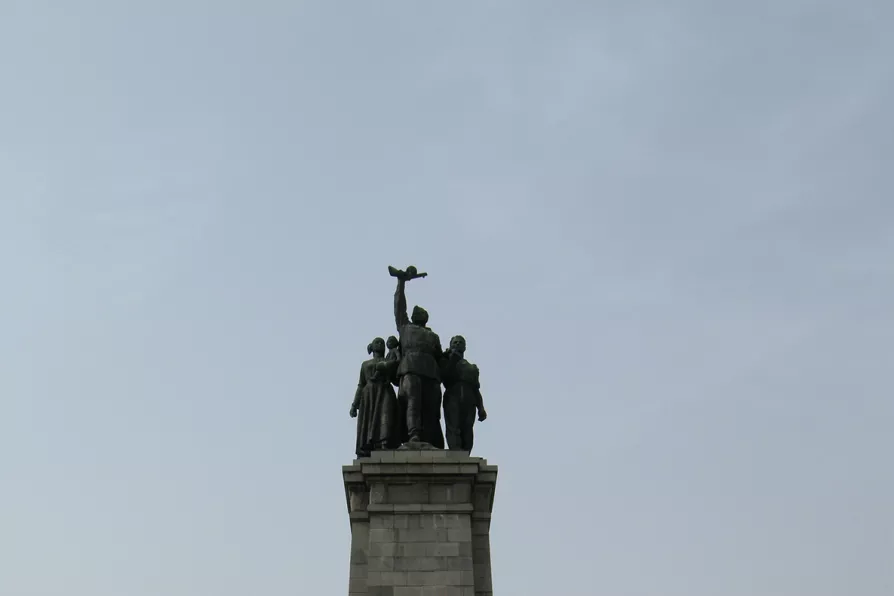This weekend, the NEU holds a special conference to debate changing its approach to organising teaching assistants, which a 2017 TUC agreement forbids. General secretary DANIEL KEBEDE outlines the choices before delegates

 Monument to the Soviet Army in Sofia
Monument to the Soviet Army in Sofia
LEFTIST and anti-fascist groups in Bulgaria protested the vandalisation of the Soviet Army monument in the capital Sofia last week.
On August 18, the Bulgarian Socialist Party (BSP) and its youth union protested at the attack on the monument and the tent camps of people defending it. The attack was allegedly perpetrated by far-right fans of a football club.
The BSP has accused the “Euro-Atlanticist” government in the country of moving towards a revival of fascism and a denial of everything progressive.
The monument in Sofia was built in 1954 to mark the role of the Red Army in the liberation of Bulgaria from the sphere of Nazi Germany’s influence during World War II.
The Kingdom of Bulgaria was a part of the Nazi Germany-led Axis forces during the war. In September 1944, the Fatherland Front formed by communist partisans captured power in the country with the support of the Soviet Union by overthrowing the monarchy.
Bulgaria joined the Allies immediately after, and the Bulgarian army operated alongside the Third Ukrainian Front of the Soviet Red Army and fought against the remaining Nazis in eastern Europe.
In 2019, the European Parliament passed a controversial resolution calling for the erasure of all memorials of “totalitarianism” across Europe, including memorials dedicated to the Red Army.
The ongoing war in Ukraine has led to a spike in Russophobia and anti-communism across Europe, especially in eastern Europe, as right-wing groups and governments in the region have intensified their attempts at decommunisation.
Against this backdrop, the monument in Sofia became a centre of controversy as far-right groups continued to vandalise it. Anti-communist and Russophobic groups also started a campaign to relocate the monument from the city centre to the Museum of Socialist Art.
However, the Sofia city council’s bid to relocate the monument courted widespread protests from left-wing progressive sections in the country. Cadres of anti-fascist groups recently set up tent camps around the monument to defend it from miscreants and vandals.

The decision highlights the tension between freedom of expression and the state’s role in shaping historical memory at former concentration camps, reports LEON WYSTRYCHOWSKI

The obfuscation of Nazism’s capitalist roots has seen imperialism redeploy fascism again and again — from the killing fields of Guatemala to the war in Ukraine, writes PAWEL WARGAN

On the 80th anniversary of liberation from Nazi-fascism, left forces in Italy mobilise against genocide, armament, and the Meloni government, reports ANA VRACAR











